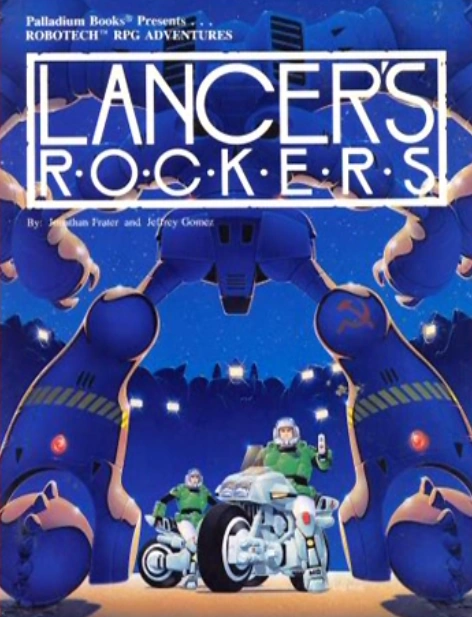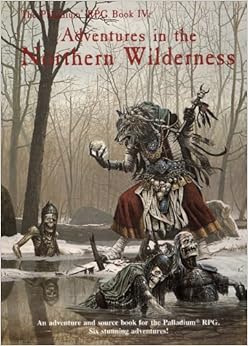Now that Rogue One is out on Blu-Ray, those of us that saw it can return to it to enjoy what we enjoy most without tolerating the crap we found boring. No, not just those of us who bought the disc (or file). On places like YouTube, clips from the film (and the entire film) are now showing up in glorious HD (up to 1080p resolution), and that means that things we missed last December in the theater can and do get noticed now.
It also means that we can study the film to see how the production did what it did, and if it worked as they intended. That, for me, is a big opportunity; learning how to tell effective stories--competent narrative craftsmanship--in more than one medium is a good pursuit to have these days, as it has multiple applications, all of which can only help you in this life.
While I'll come back to revisit the film in this respect again down the road, today I want to focus upon Act 3 and the Battle of Scarif.
The films proper do not show us what a full-scale military action looks like in the Star Wars Galaxy very often. The prequel trilogy did this the most, with Geonosis in Attack of the Clones, and multiple times in Revenge of the Sith. In the Original Trilogy, we had Endor in Return of the Jedi as a full-scale action; Yavin IV was a desperate objective raid, and Hoth was a fighting retreat. (Starkiller Base, likewise, is an objective raid.) Scarif is the second-full scale battle in the Galactic Civil War on film, a battle with both space and ground action over competing strategic objectives by comparable parties possessing significant military assets.
Why am I pointing this out?
The depiction of warfare and its violence in Rogue One received a serious reception from the audience, from the fandom, that is lacking from most of the others. (Prior to Scarif, Endor--for all its Ewoks--was the film that had this response;
some got the reason for the juxtaposition of the violence with the Ewoks, some didn't.)
The fandom, as a body, has this curious behavior wherein what's shown on screen with a literal quality akin to a child's struggle to grasp the concept of object permanence. In practice, this means that the warfare isn't taken with the gravity that it should (aside from adults concerned over showing children violence on screen) be, and this depreciation cascades throughout the fandom's perception of a given film's narrative and its quality as a product.
Listen to the praise given to Rogue One. It's "more mature" due to being "gritty" and "realistic". That's the very same Literary Realism bullshit that's sucked the fun and life out of SF/F in print to date. It hasn't devolved into the insistence on the ordinary and the condemnation of the heroic, yet, but the signs are there in the fan reactions as well as in the official press hype.
Compare the original story (a straight up heist or raid, ala Where Eagles Dare, played so) with what we got and you'll see that this depreciation of the heroic is the source of the whiplash in tone throughout the film- until this final act, where suddenly the protagonist does her best Achilles impression and gets all heroic to spite the cowards who wouldn't back her play and inspires the other principles and a bunch of extras to go with her on a suicide mission.
For some reason, this resonated with the fandom- especially the older generation, the same one that comprised the production team for Rogue One, and I think it has to do with a long-held desire to show what the Original Trilogy's action would look like without any Force-users present in the battle. (Which, until the very end, Scarif achieved; the juxtaposition to events before and after Vader's arrival is huge.)
Following that literality aforementioned, look at the fleet action; the action was one of the busiest depictions that wasn't a Clone Wars episode or Ender's dogfight scenes. On the ground in the air above, it felt like Endor but bigger and nastier, with allusion to all of the American wars from the second World War forward mixed together. It's a depiction that, at times, seemed to exist for its own sake- to satisfy a demand going back 30 years or more. That is served the stated narrative goal in doing so feels secondary, and I can't shake that feeling in reviewing this final act.
There's good parts in this Act, technical accomplishments that deserve recognition and such, but even within a tragedy a good narrative avoid despair and nihilism and for all that the final moments feed directly into the original film's opening moments it is hard to shake the sense that the filmmakers really--thematically--ended it with Vader's annihilation of the Rebel marines fleeing Radus's flagship for the Tantive IV, with despair and nihilism, and not the hope sold to us.
This doesn't give me confidence with the Mouse's reign over Lucasfilm going forward, but--again--I pin this on the Ascended Fans now running the business, and yes that allusion to the inmates running the asylum is deliberate. Eating your own tail is a symbolic synonym for insanity for a reason.

 In the 1990s, Palladium Books hadn't quite yet gone all-in on RIFTS. The company's fantasy RPG,
In the 1990s, Palladium Books hadn't quite yet gone all-in on RIFTS. The company's fantasy RPG, 


 Japan not only has a long practice of making their own Space Operas, they're also very practiced as franchising the hell out of them, such that Lucas's building up such a business with Star Wars can look shabby by comparison. There is no better example of a long-running Japanese Space Opera franchise than the
Japan not only has a long practice of making their own Space Operas, they're also very practiced as franchising the hell out of them, such that Lucas's building up such a business with Star Wars can look shabby by comparison. There is no better example of a long-running Japanese Space Opera franchise than the  While we who are willing and able work on forking Star Wars, do note that Japan did that decades ago. One of the most well-known examples of Japan making their own Space Operas is
While we who are willing and able work on forking Star Wars, do note that Japan did that decades ago. One of the most well-known examples of Japan making their own Space Operas is 